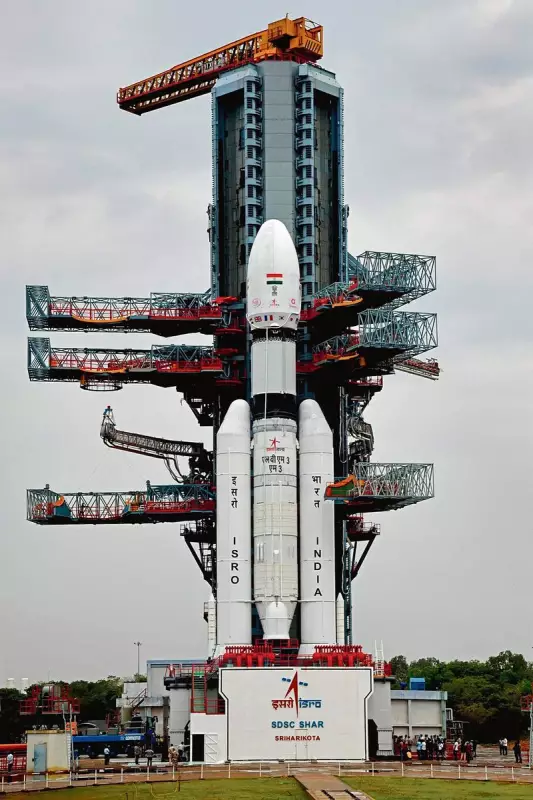
In a groundbreaking development for India's space program, the Indian Space Research Organisation (ISRO) is set to launch its heaviest communication satellite to date on November 2, marking a significant milestone in the nation's space exploration capabilities.
A Giant Leap in Satellite Technology
The GSAT-20 satellite, weighing an impressive 4,700 kg, represents India's most ambitious communication satellite project yet. This massive spacecraft is scheduled to lift off from the Kennedy Space Center in Florida, USA, aboard a SpaceX Falcon-9 rocket. The launch timing is strategically set for 2 a.m. IST, allowing optimal orbital positioning.
Revolutionizing Connectivity Across India
What makes GSAT-20 particularly remarkable is its advanced Ka-band High Throughput Satellite (HTS) technology. This cutting-edge system is designed to provide unprecedented broadband connectivity to remote and underserved regions across India. The satellite's capabilities include:
- Enhanced internet services for rural and isolated areas
- Superior in-flight connectivity for domestic airlines
- Reliable communication networks for community internet access points
- Advanced streaming services throughout the country
Strategic Partnership with SpaceX
The collaboration between ISRO's commercial arm, NewSpace India Limited (NSIL), and SpaceX represents a strategic move in India's space program. This partnership leverages SpaceX's proven launch capabilities while showcasing India's growing expertise in satellite manufacturing and space technology.
"This launch demonstrates India's commitment to advancing its space capabilities and providing tangible benefits to its citizens through space technology," stated a senior ISRO official.
Boosting India's Digital Infrastructure
The GSAT-20 mission aligns perfectly with India's Digital India initiative, aiming to bridge the digital divide and bring high-speed internet to every corner of the nation. With its advanced communication capabilities, the satellite is expected to:
- Transform internet accessibility in remote regions
- Support digital education and telemedicine initiatives
- Enhance disaster management communication systems
- Boost economic development through improved connectivity
As the November 2 launch date approaches, the entire nation watches with anticipation, ready to witness another proud moment in India's remarkable space journey.






